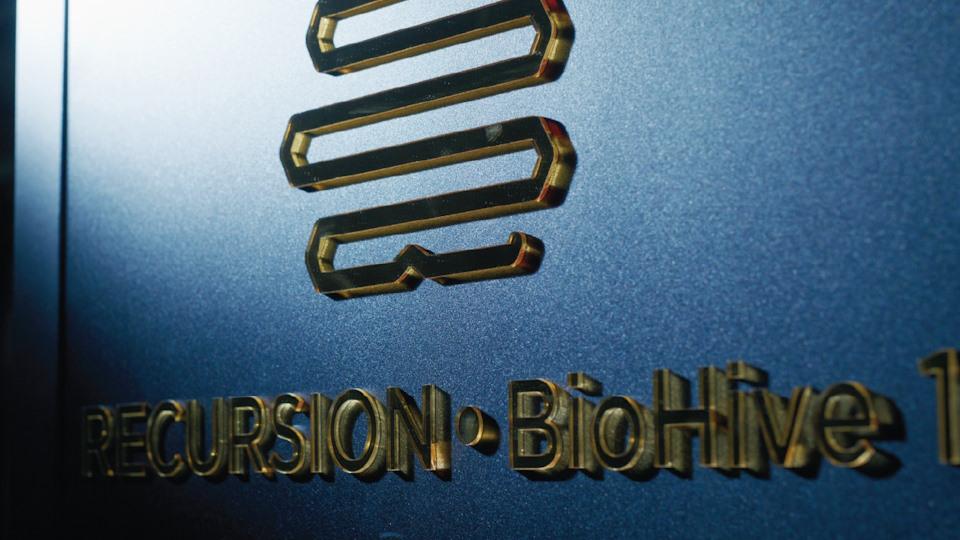Bayer pledges up to $1.5bn for Recursion oncology alliance

Bayer has restructured and expanded its ongoing partnership with Recursion Pharmaceuticals on artificial intelligence-powered drug discovery, switching to a focus on cancer via a revised deal that could be worth up to $1.5 billion.
The two companies will now work on up to seven precision oncology projects, making use of Recursion’s drug discovery platform that draws on a dataset of five trillion biological and chemical relationships and combines wet-lab biology and chemistry with machine learning tools in a form of “digitised” drug discovery.
The dataset covers 50 different human cell types, as well as a library of approximately 1.7 million small molecules, and is supported by BioHive-1, a supercomputer operated by tech giant NVIDIA, which invested $50 million in Recursion earlier this year.
Under the terms of the new agreement, Bayer gets the option to exclusively license novel therapeutics derived from the programme.
Bayer’s venture capital arm was a participant in Recursion’s $239 million Series D financing in 2020, leading the round with a contribution of $50 million that was accompanied by a five-year research collaboration focusing on fibrotic diseases and was expanded in 2021 to include up to 12 projects.
That has now been wound up, but Bayer was clearly impressed by the technology deployed in the partnership and wants to tap into it for its oncology pipeline.
Juergen Eckhardt, the German group’s business development head, said it “could be one of the most disruptive technologies of our time.”
Recursion’s platform has attracted other big pharma clients, notably Roche/Genentech, which signed up for a decade-long partnership in 2021 focusing on neuroscience and oncology drugs that involved a $150 million upfront payment and could be worth several billion dollars if fully exercised. That alliance recently generated its first ‘hit series’ for an undisclosed oncology target.
“We believe that the next generation of biopharma leaders will operate at the convergence of rigorous science, scaled datasets and accelerated computing,” said Chris Gibson, co-founder and chief executive of Recursion.
The Bayer alliance highlights “the scale and broad-scale applicability of our platform […] as we turn our focus together on challenging targets in oncology with the goal of bringing better medicines to patients more efficiently,” he added.
Alongside the new Bayer agreement, Recursion also announced a four-fold expansion of its allocation of computation capacity on BioHive-1, and an alliance with fellow AI drug discovery company Tempus Pharma giving it access to the latter’s proprietary, de-identified patient dataset in cancer, which spans DNA, RNA, health records, and other data sources.
Recursion is paying up to $160 million to Tempus over the next five years in either cash or equity under the terms of the deal.













